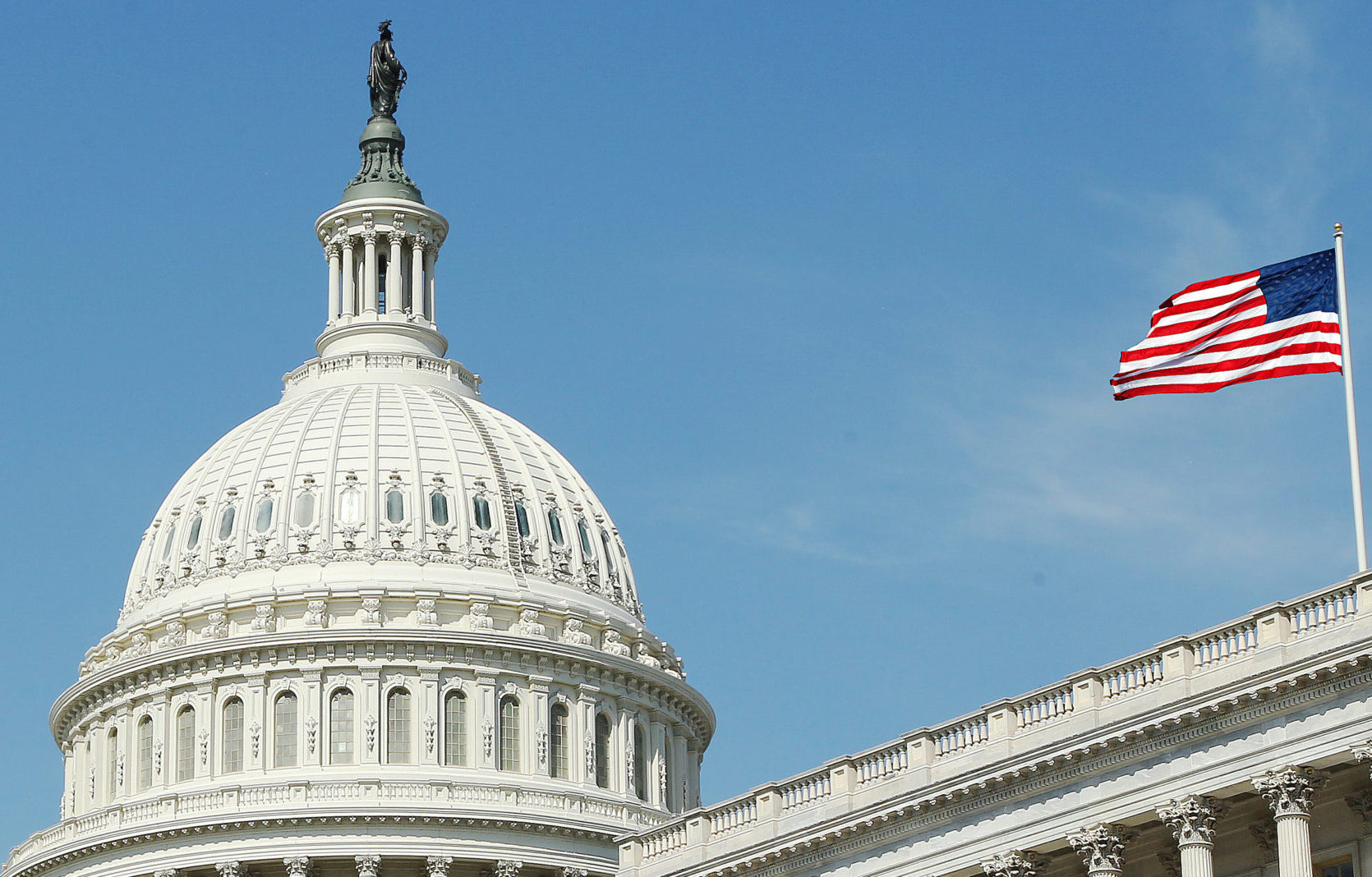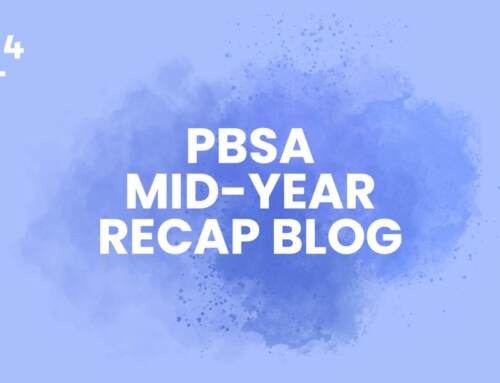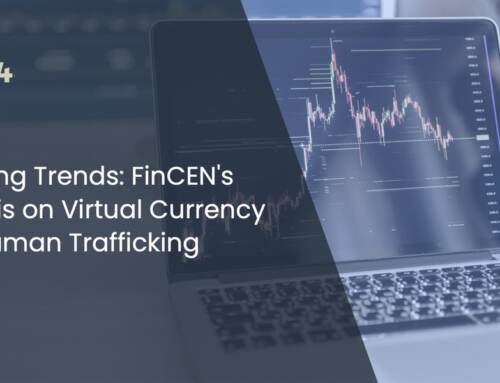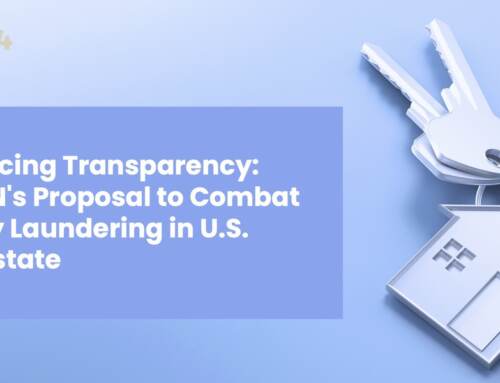TSA Pre-Check “Style” Checks
In the crazy world we live in today; it seems as though background screening is becoming an increasingly popular subject. The first question that comes to mind for me after a tragic incident in the news is; “was there a background check done on the individual(s) who committed the crime?” Having your background screened to have priority statuses such as TSA-pre check and Clear is becoming more prevalent, and I predict more “TSA-Pre-Check style” accessibility is in our future. From large scale concerts to sporting events, consumers will soon be able to have VIP skip-the-line access with a “clean bill of background health,” if you will.
The Trump Administration
I am not opening up this topic to start a political debate. Lord knows we have had plenty of that recently but, it is interesting to watch the “extreme vetting” policies Trump has put in place take shape when it comes to vetting immigrants coming to the United States. There is focus on increasing the stringency of the former administration’s background screening policies, and how they can combine and update current watch lists databases to perform checks on every individual trying to enter the U.S. I Know it’s a touchy subject, but it’s at the forefront of the world debate at the moment. The bottom line is background data, particularly international terrorist watch list data, is a sizzling hot topic right now.
Pre-employment Screening: Raising The Bar
As the background screening industry becomes more competitive than in past years and the buyer (Human Resource Professionals) are getting savvier, I believe the playing field of providers will narrow along with the commoditization of background checks. HR professionals in 2017 and beyond are no longer looking for a check in the box and have high expectations from their screening providers. Expertise not only in domestic based screening but on a global level is becoming mandatory as our global workforce continues to expand.
Screening and Technology
Technology plays a pivotal role for companies when it comes to background screening there is no doubt. I predict in 2017 we will see a significant increase in the way companies expand their screening using facial recognition technology especially as it relates to remote candidates applying for a position. ID validation with facial recognition technology is complex and has come a long way and will become heavily utilized by corporations especially with a large third party contractor workforce.
Social Media Screening
In May of 2016, the government announced the use of social media when screening prospective government employees for what they refer to as “sensitive positions or positions that allow access to classified national security information.” In recent years this has been a touchy subject in the world of HR professionals as it relates to pre-employment screening. This tricky process is like walking the type rope of FCRA compliance and laws that apply under the EEOC such as anti-discrimination. According to a study conducted by Career Builder, 60% of employers surveyed used social media to screen potential candidates. This represents a 52% increase in 2016 over the previous year. It will be interesting to see what 2017 has to bring but I would venture to bet we will see staggering numbers continue to increase. The bottom line is if you are one of the 60%+ that screen candidate’s social media accounts, make sure you and your vendor maintain FCRA compliance and adhere to the laws under the EEOC.
The Evolution of Screening in the Sharing Economy
The Sharing Economy has had a large impact on various industries ranging from transportation to travel to home services. The impact on consumers has been significant, and they have quickly adopted this technology and has changed the way many access goods and services. The options are plentiful, and the convenience of securing almost any service with the click of an app on your phone is downright awesome. There has also been an impact on the footprint of the “traditional” global workforce. Many people have moved away from a full-time role or have combined their full or part-time job with independent contractor work through one or multiple technology providers. Over the last year, there has been a buzz about the Sharing Economy, and the impact pending legislative issues will have on long-term growth and sustainability. Who knows what will happen down the road but for now, the Sharing Economy and the new independent contractor driven workforce is here to stay. What does this mean for the background screening industry? This new economy also raises a lot of questions around how these technology companies vet their independent contractors. There has been much scrutiny around the definition of background screening and what they are doing to keep the public safe. As legislative actions continue to play out, I believe we will eventually see an agreed upon standard relating to due diligence and background screening as a reasonable step to vetting this workforce. 2017 should bring many new developments, stay tuned.





